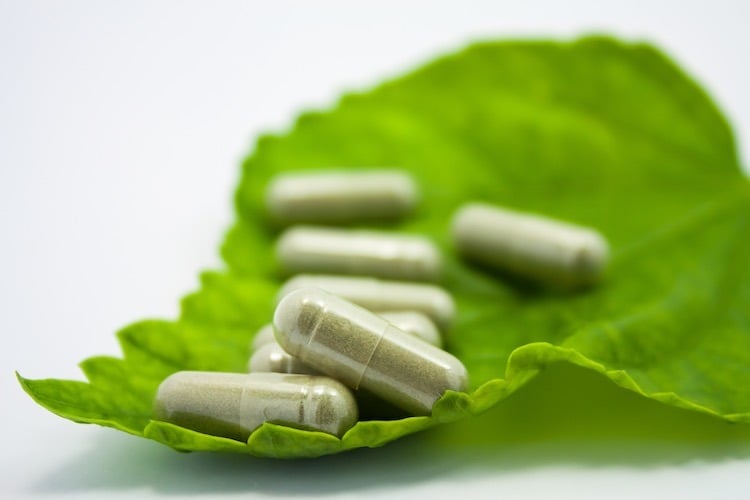The federal government says it is working on harnessing and commercialising phytomedicines.
Phytomedicines are herbal or botanical medicines used for the treatment and prevention of diseases.
Speaking on Sunday in an interview with NAN, Obi Adigwe, director-general of the National Institute for Pharmaceutical Research and Development (NIPRD), said the move is a shift from years of neglect and lip service to traditional medicine.
Adigwe said a ministerial committee had been set up to oversee the development and commercialisation of phytomedicines, with NIPRD appointed to lead the process.
Advertisement
He noted that about 70 to 75 percent of Nigerians relied on phytomedicines, including ‘agbo, magani, and ogwu igbo’ when ill, yet the sector had long suffered from poor institutional support.
“For a long time, phytomedicines only got lip service, but this administration is taking bold, concrete steps,” Adigwe said.
“I must commend the ministers of health for driving this vision.”
Advertisement
The NIPRD boss highlighted the agency’s past work, including the development of a sickle cell remedy from indigenous plants.
He also referenced NIPRD’s role during the COVID-19 pandemic, when it conducted the world’s first scientific analysis of the controversial COVID organics herbal preparation from Madagascar.
He said the newly constituted committee includes stakeholders from academia, the pharmaceutical industry, traditional medicine practitioners, the public sector, and the diaspora.
According to him, the structure reflects a multi-sectoral approach in line with President Bola Tinubu’s presidential initiative to unlock the healthcare value chain (PVAC).
Advertisement
“That particular product put Nigeria on the map in terms of science and ensured that millions of dollars were not wasted on a product without scientific backing,” he said.
“We are integrating agriculture, small and medium enterprises, trade and investment, foreign partnerships—everything that can make phytomedicines a catalyst for health and economic development.”
Citing examples from Asia, Adigwe said countries like China and India had leveraged phytomedicine to improve public health and drive industrial growth.
He noted that Nigeria can do the same with the right blend of policy support, research funding, and philanthropy.
Advertisement
Adigwe said the emerging framework would not only support NIPRD but also benefit over 200 universities, more than 150 local pharmaceutical manufacturers, and the millions of Nigerians who rely on traditional remedies.
He urged wealthy Nigerians to invest in scientific research in the country.
Advertisement
“We have a questionnaire on the NIPRD website, www.niprd.gov.ng, and we want every Nigerian to participate,” he added.
Advertisement











